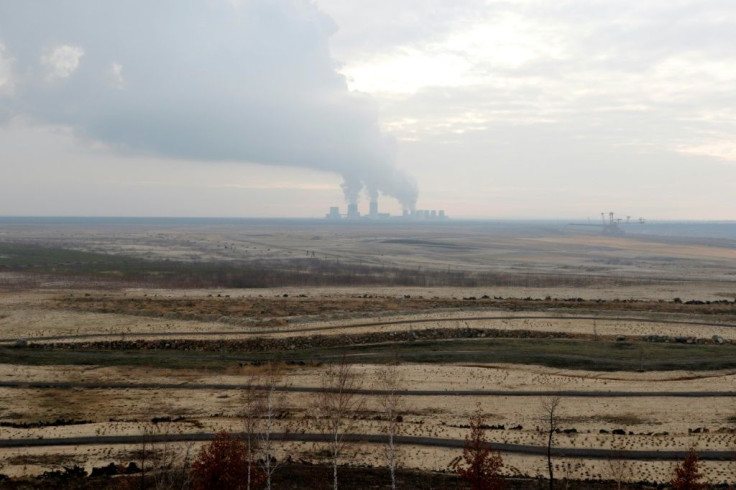Germany Agrees CO2 Pricing Deal After Gruelling Debate

Lawmakers in Germany reached a hard-fought compromise on carbon pricing early on Monday, breaking a parliamentary deadlock on the government's much-disputed climate policy reforms.
In a gruelling six-hour meeting that ended in the small hours, they agreed that businesses will pay 25 euros ($28) per tonne of carbon they use from January 2021 -- more than double the initially proposed rate.
The new rate -- fiercely opposed by business lobbies -- is set to increase to 55 euros per tonne by 2025, before eventually being incorporated into an EU-wide carbon trading system.
The breakthrough renewed hope that Angela Merkel's government can pass its four-part climate reform package before Christmas.
The package, which also includes plans to reduce rail prices and raise taxes on air travel, was broadly approved by both chambers of the German parliament last month.
Yet a dispute over the cost of the new policies meant that regional representatives in the upper house blocked certain elements of the bill, forcing the government and federal states to return to the negotiating table.
Merkel praised the negotiations, saying at a news conference that "the different parties... showed a willingness to tend towards a solution without letting things go on forever".
She said the outcome was in contrast "with what was decided at the climate conference in Madrid, to our credit".
Merkel's government has faced criticism since it presented the new climate package in September, with environmental NGOs and opposition parties claiming it lacks ambition.
Annalena Baerbock, co-leader of the opposition Green Party, said "much, much more" was necessary after Monday's breakthrough.
Meanwhile business groups sounded the alarm over the carbon price increase.
"The planned increase in CO2 prices threatens to drastically worsen competitiveness" in Germany, Federation of German Industry (BDI) deputy director Holger Loesch said Monday, calling for companies to be compensated for the additional costs.
"For the energy transition to succeed, significant investments are needed from businesses and households," he added, warning politicians "not to keep restricting the necessary freedom of action".
Wolfgang Grosse Entrup of the VCI chemical industry federation said "the warning light is blinking red for competitiveness" after the carbon price decision.
"Politicians can't sell companies that are in international competition down the river," he urged, calling also for a compensation mechanism.
© Copyright AFP 2024. All rights reserved.




















